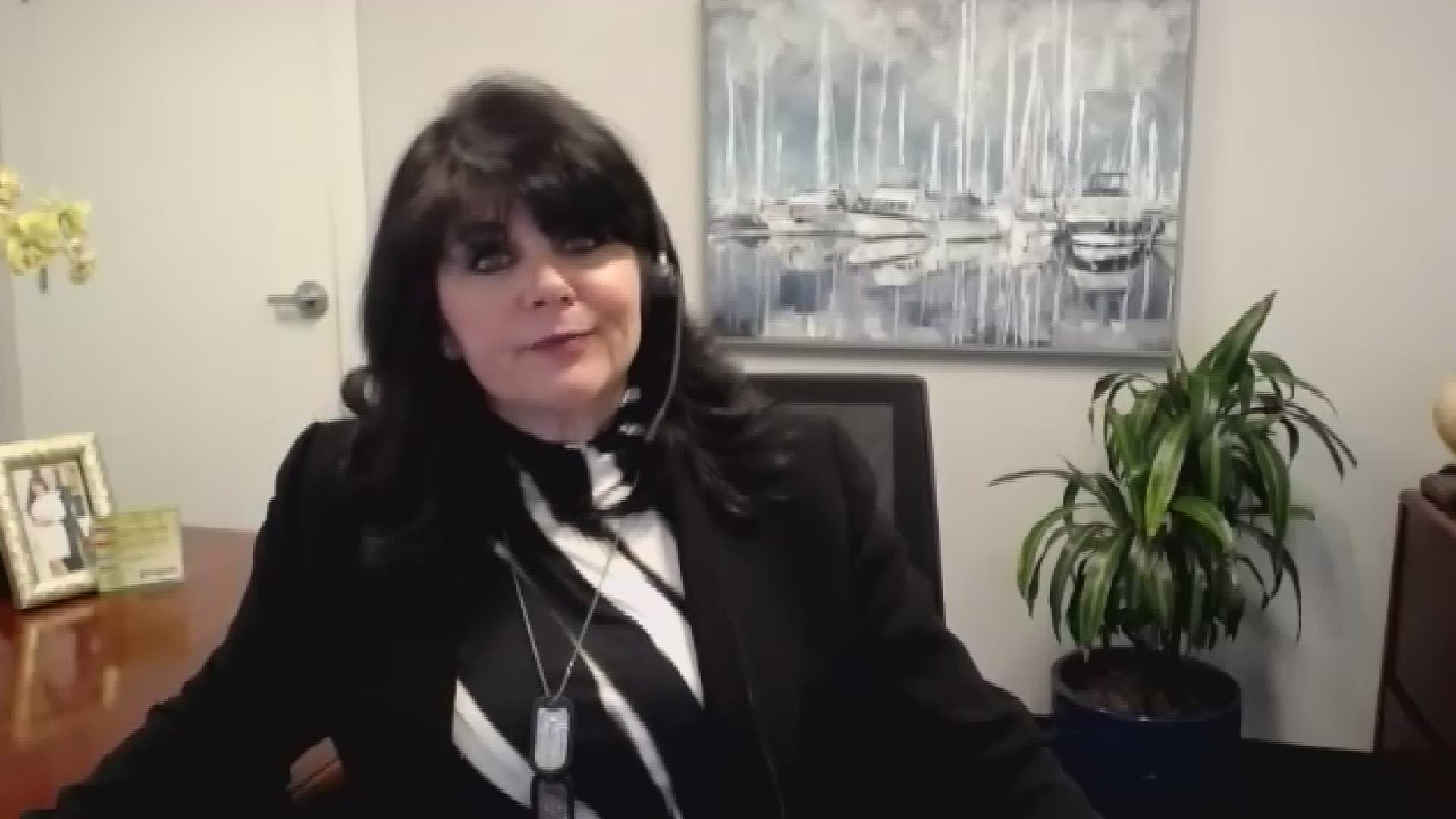Brenda Pollock is a financial counselor with Evergreen Credit Union, but even she was thrown off by the fine print in a credit card agreement. She walks us through what you need to know before you sign on the dotted line.
The complicated credit card agreements we all sign, can be somewhat overwhelming, but it’s important that you take the time to review what you are actually agreeing to.
I had taken advantage of a 0% financing option with a retailer, and paid off the total amount prior to the 12 month period. I had a zero balance on the card and went in to make another purchase with the retailer about a year later, the salesman told me my account was closed for non-use.
So, a credit card company can close your credit card without telling you?
Yes. That’s part of the fine print we don’t always take the time to read. I didn’t question him at the time, I simply paid for the item from my savings and the next day, contacted the issuer of the card only to discover, my account was open and a hold for the amount I just purchased, had been placed on my account.
Did you end up paying for your purchase twice?
No. I did contact the retailer to inform them of the situation, but I did learn quite a bit about what is actually hidden in our credit card contracts.
Too often, credit card contracts are only skimmed by consumers because the language card providers used was too "confusing" and "complex." That applies to cards offering rewards.
According to a new study from NextAdvisor, 54% of U.S. adults find frequent flyer contract language "confusing" while 47% say they're "perplexed" by loyalty program terms and agreements.
Even worse: 24% don't have a clue as to how to redeem their rewards are not claiming their own money.
Americans can be penalized in multiple ways if they don’t fully understand their contracts.
Make no mistake, giving up on reading credit card contracts can cost you. The most common way is they have surprise fees, interest rates and payment obligations that may not have realized when the contract was signed.
The problem is, once someone signs a card contract, they’ve accepted the credit card provider's rules and terms — for better and for worse.
If credit card consumers know what the terms and language really mean, they can take the necessary steps to get the maximum value out of their credit cards.
What are some things that credit card consumers should know and can get value from using their credit cards?
- Understand the promotion. Should you decide to open a retail card for the 0% promotion, know how many months that 0% promotion lasts, what the interest rate should you not pay it off in that allotted time frame and, be aware, if you miss even one payment, your 0% promotion will be forfeited.
- Ask if the card has a fixed or variable APR. A fixed rate APRs have consistent interest rates. Variable APRs are tied to an index and thus fluctuate. If you’re not planning to pay off your purchase before your 0% promotion runs out, this is very important information to know before you sign.
- Know your grace period. Historically, credit card companies may offer grace periods of 25 days, without triggering big penalty fees and rate hikes. Recently, those grace periods are tightening, with some credit card providers cutting them to 21 days or so.
- Your account can be closed at any time. We know a card company can close a card account if the cardholder isn't making payments. But cardholders may likely not know that a card company can close a credit card account for any reason they want - for example, card providers have been known to close accounts because the specific credit card wasn't profitable.
- Think about your overall spending before you’re tempted. Don’t let the 0% retail card promotions let you forget about your budget and your financial goals. If you choose to purchase an item, with a 0% promotion, and can pay it off during the allotted time, you’re using credit to your advantage. But if you cannot pay off the balance and will incur high interest rates and fees, you’re better off to save for the purchase and not go into debt.
The Bureau of Consumer Financial Protection offers a database of credit card agreements by an issuer on its website. If you have any questions, within a month of opening any new credit card, you can contact the issuer to ask for clarification on anything you do not understand.

